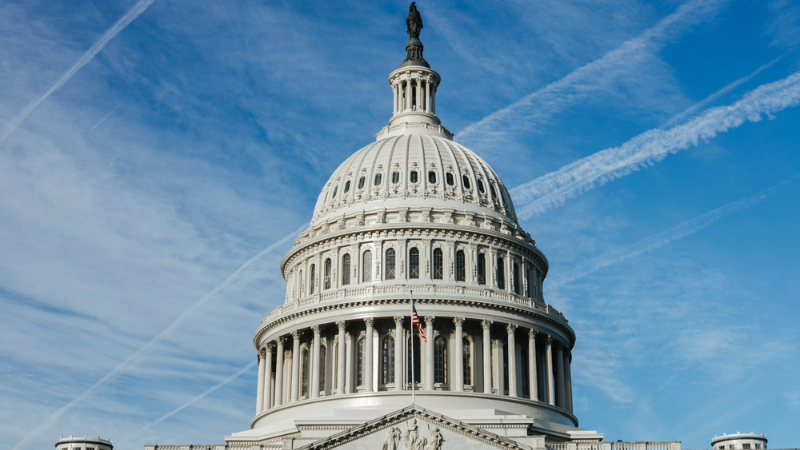
Worker unions and new labor regulations could be essential in addressing future challenges that artificial intelligence (AI) poses to jobs, training, and economic stability, witnesses told lawmakers on Thursday during a Senate hearing.
Speaking before the Senate Health, Education, Labor, and Pensions (HELP) Committee, Carlos Aramayo, president of the labor union UNITE HERE Local 26, told lawmakers that workers are already beginning to feel the effects of AI on their ability to find work.
“In the hotel industry, there’s the elimination of entire job classifications, front desk workers, phone bank operators, these are people who are the core – the soft touch – that is that industry, and these AI machines are replacing them,” said Aramayo, while pointing to the dwindling availability of jobs as beer sellers at Fenway Park, a baseball stadium, located in Boston.
“A beer seller is a lucrative position at Fenway with the potential to earn over $500 in tips during a single game,” explained Aramayo. “Grab-and-go technology at Fenway has eliminated beer selling positions and cut workers’ income.”
A new congressional report – led by Sen. Bernie Sanders, I-Vt., staff – found that AI could lead to as many as 100 million job losses over the next decade, with most of those affected working jobs such as fast food, accountants, and truck drivers.
While speaking at the hearing, Sen. Sanders – who serves as the committee’s ranking member – doubled down on the need to implement AI regulations to protect jobs.
“There’s always been a technological revolution you gain you lose, but you know, you’ll often be getting more jobs,” said Sen. Sanders. “There are many people who know more about this, who think that is not the case right now.”
Juliet Schor, a professor at Boston College, said that while we can’t know what the exact impacts of AI will be on jobs in the future, it is beneficial to begin implementing regulations that may lead to mass unemployment.
“Should that outcome prevail, we know more about who will benefit and who will pay the costs,” warned Schor.
Schor recommended researching the relationship between AI adoption and layoffs to determine how many current job losses are due to AI, noting that while some companies say they are using AI to lay off workers, that may just be used as a “fairly socially acceptable reason for laying off workers.”
AI accounted for 7,000 job cuts in September and was responsible for 17,375 across all of 2025 so far, according to a recent report from Challenger, Gray, and Christmas.
To prevent AI-related job loss, Aramayo said that unions are important because they can provide workers with the training that they need to stay up to date on AI technologies that can help them keep their job.
Specifically, Aramayo said that “unions and representation through these kind of training centers can actually engage at that ground level to make sure this technology is designed in consultation with the workers who are also …the customers often of this technology and also implement it in a way that is effective at including them at the center and not the owners and the billionaires.”
AI could also have its benefits for workers, Harriet Pearson, managing principal at Axia Advisory, told lawmakers, saying while “it seems reasonable” that AI will transform the workplace and workloads, it “can also generate jobs that we yet have not heard of,” and its impacts will likely “vary by industry and geography.”
Some strategies suggested by lawmakers include federal privacy law that will establish clear privacy rights for workers, as floated by Sen. John Hickenlooper, D-Colo., or new proposals, such as that from Sen. Jim Banks, R-Ind., who said he will soon introduce an act “to improve the Labor Department’s ability to forecast and modernize the census data collection so the programs that prepare workers to adapt to AI will be more effective.”
Sen. Ed Markey, D-Mass., said that as part of his larger legislative push for more worker protections, he will introduce the Stop Spying Bosses Act and the No Robot Bosses Act later this year, and while he did not provide details on those bills, he said that “workers must organize for the future, not corporate bosses of big tech.”
“This endeavor is urgent. Workers cannot afford to wait. AI must stand for all included, and we have to make sure that that ultimately is the goal of this congress and of our society,” said Sen. Markey.
